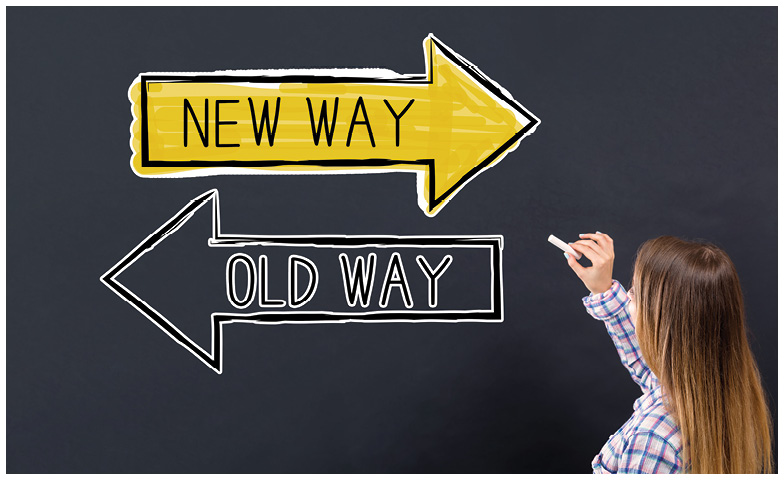Back in March, before I felt like an unwilling participant in the Hunger Games, I looked at The Great Pause caused by COVID-19 as an opportunity to reevaluate what I liked from my previous, unquarantined life, and what I didn’t like. In my initial thinking, I enjoyed playing basketball with my son way more than I’d expected, and I was feeling pretty good about my idea to incorporate more videos into my lessons once we were “back to normal.” At that time, I was under the impression that we’d have a back to normal.
Suddenly, just as I was feeling a little optimistic, the world shifted another time, and with the death of George Floyd, the country was suddenly, again, thrown into turmoil. For the first time in my life, I was scared of the violence that was happening all around me. My son Oliver and I have spent hours trying to unravel the disaster that 2020 had become. We grew cynical. We decided that if 2020 were a book we were reading, we’d warn the author that a pandemic is a big topic with lots of nuances. We’d decry race riots as an over the top addition to a complex plot. When a dying patriarch gets added to the story line, we’d put the book down. Too many unrealistic plot twists.
However, as the days are passing, we are realizing that we are living in a revolution, and we both know that revolutions are when the populace has reached the end of peaceful protesting and being shut down, instead, fighting in unprecedented ways. I’m not advocating violence, but even a 12-year-old historian knows that a peaceful revolution is largely impossible. For true, resounding change to happen, a whole lot of people need to get uncomfortable. A whole lot of ugliness needs to be acknowledged. A whole lot of change has to be accelerated. There will be conflict that is crushing, but also cathartic.
So, when I think about returning to the classroom, I’m not going to be content with my own little private protests like never assigning homework, or always allowing revisions. Instead, I’m going to take my reimagined plans for student success, which are quite a bit more than including videos in my lesson, and make them real, tangible, and known. Educators need to be intentional about the way we introduce race, class, and gender. I need to be more intentional about the way I introduce race, class, and gender. Educators need to realize that we have a responsibility to teach our students how to read critically and make accurate assumptions about what they read. I need to do this, too. Educators need to prepare students to embrace the world they live in and find a way to connect with each other. I must do that, too. It is about time that educators lay claim to the future by harnessing the power of our students instead of focusing on the data they might produce. It is time that success means something very different, something I’m just now allowing myself to dream up.
A world without high stakes testing? A world without a Top Ten? A world with equal access to technology? A world where every child who is not doing well gets traced and contacted? A world without grades? Could we possibly dream up a new story, one that is not dystopian? I’m certainly going to try, and I hope you will too. As educators we need to be the ones who say, “Why go back to normal when it wasn’t a success story?” We need to be the ones to say, “There’s a better way.” Will you join me in reimagining success?
Amber Chandler is the coordinator of alternative education and interventions for Frontier Central School District in Hamburg, New York. She is a National Board Certified ELA teacher, the 2018 AMLE Educator of the Year, and a member of the AMLE Board of Trustees. Amber is author of The Flexible SEL Classroom: Practical Ways to Build Social Emotional Learning in Grades 4-8.
![]() amberrainchandler@gmail.com
amberrainchandler@gmail.com
![]() @msamberchandler
@msamberchandler
amberrainchandler.com
Published in AMLE Magazine, August 2020.
